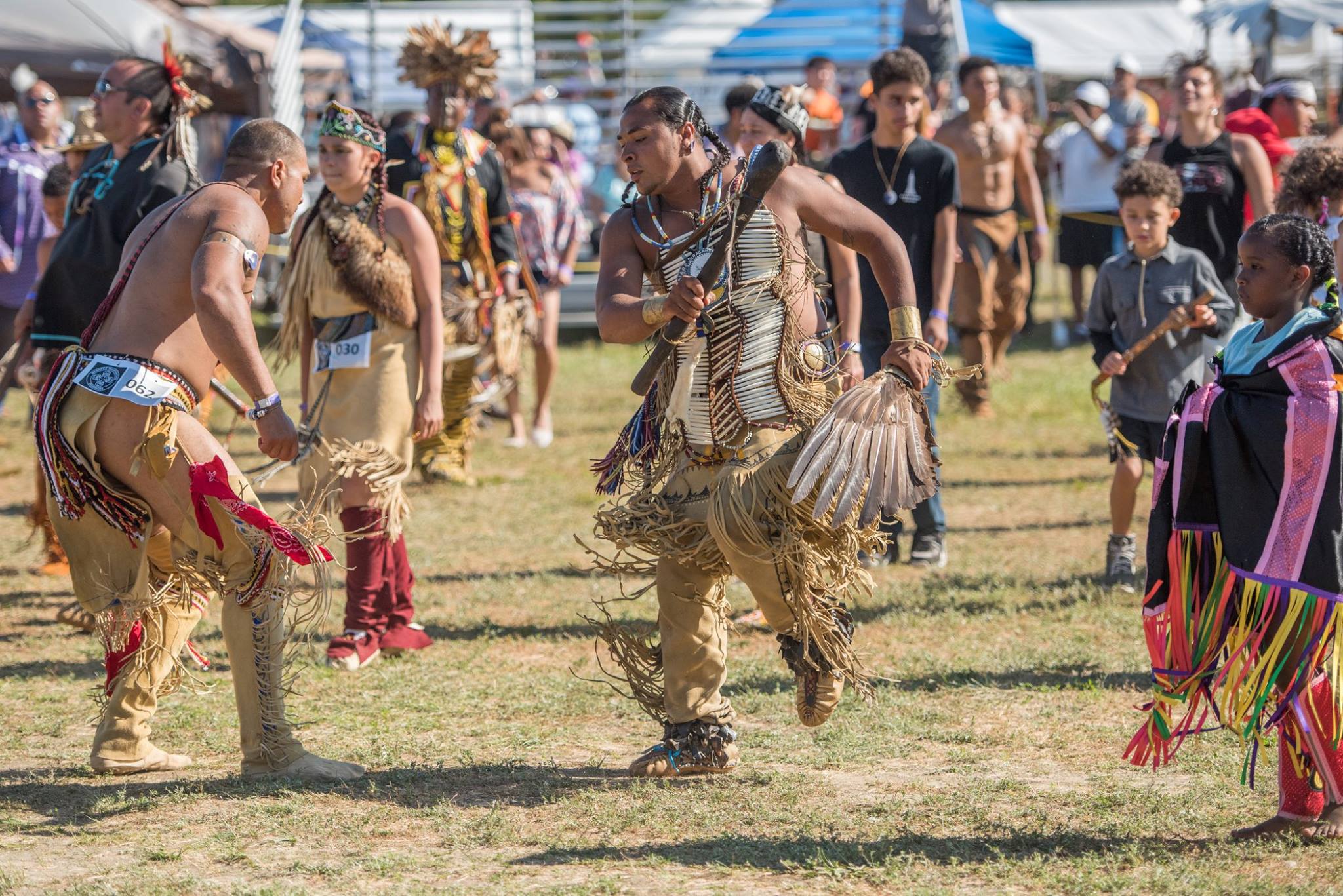Posted on: February 15, 2023, 11:28h.
Last updated on: February 15, 2023, 11:28h.
A federal judge in Boston has ruled that the Biden administration was acting legitimately when it affirmed the Mashpee Wampanoag tribe’s reservation in Taunton, Mass.

US District Judge Angel Kelley’s ruling could pave the way for the tribe to revisit its $1 billion Genting-backed First Light Casino project, which has been derailed by legal challenges.
A group of Taunton residents opposed to the casino sued the Department of the Interior (DOI) in February 2022 after it took the land into trust for the tribe.
This is the process where the federal government partially removes the land from the jurisdiction of the state and converts it into sovereign tribal land, a prerequisite for tribal gaming under the Indian Gaming Regulatory Act (IGRA.)
The plaintiffs argued the DOI decision was “arbitrary and capricious” and that the tribe did not qualify for the process because it had not been federally recognized in 1934 when the Indian Reorganization Act (IRA) became law. The tribe was not recognized until 2007.
Carcieri Decision
The Taunton residents have previously had success with this legal argument, albeit short-lived. In 2016, as the tribe prepared to break ground on the First Light, US District Judge William Young sided the residents. He ruled that the Obama administration had erred when it originally took the land into trust, based on a 2009 Supreme Court judgment known as the Carcieri Decision.
This held that the authority of the DOI to take land into a trust hinged on the phrase that occurrs in IRA “now under federal jurisdiction.” The Supreme Court determined this to mean only tribes under federal jurisdiction before the 1934 enactment of IRA could be considered for trust land.
Two years later, the Trump administration reversed the process, apparently sinking the casino’s prospects.
But in June 2020, US District Judge Paul Friedman overturned the 2016 decision, which he called “an abuse of discretion, and contrary to law.”
The Biden administration later affirmed the land for the Mashpee. In doing so, the DOI examined what IRA meant by “under federal jurisdiction.” It concluded that federal policy prior to 1934, including that “Native children should be removed from their homes and placed in church or government-run boarding schools [such as the Carlisle Indian School],” constituted federal jurisdiction.
‘Pure Puffery’
The Taunton residents argued the DOI had created a “false narrative” that “smack[ed] of intentional misrepresentation of the historical record.”
In her 31-page ruling, Kelley described that as insubstantial “puffery.”
The Carlisle School, funded by Congress for the purpose of separating Indigenous children from their families and indoctrinating them in accordance with the government’s policy, was an essential component of this system,” Kelley wrote.
“[…] The Secretary here has provided a sufficiently rational connection between the facts in the Carlisle School record and her conclusion that this record is indicative of the federal government exercising jurisdiction over the Mashpee through its guardian-type actions toward Mashpee children,” she added.
Tribal Casino Boom
Kelley also rejected the argument that the Mashpee do not have ancestral ties to Taunton, writing that “historical record indicates that the Mashpee have had a robust connection to the designated lands for over four centuries.”
The broadening of the definition of “federal jurisdiction” could be good news for tribes recognized after IRA who are seeking greater economic self-determination through gaming projects.
Bob Jarvis, a gambling law professor at Nova Southeastern University in Fort Lauderdale who was not involved in the case, told Casino.org he was not surprised by the outcome.
“Courts around the country increasingly are recognizing that the ties between Native Americans and their ancestral lands must be respected,” Jarvis said. “As such, I expect to see more decisions like Judge Kelley’s. The upshot will be a boom in the number of tribal casinos.”
Related News Articles
Read More: World News | Entertainment News | Celeb News
> Casino News






